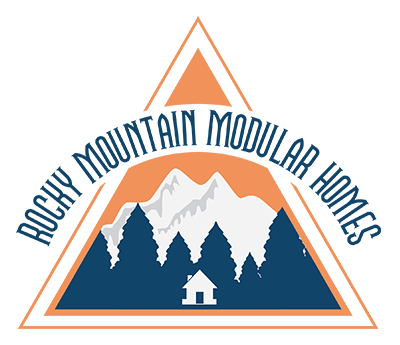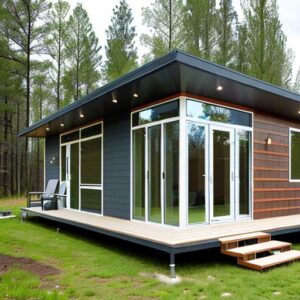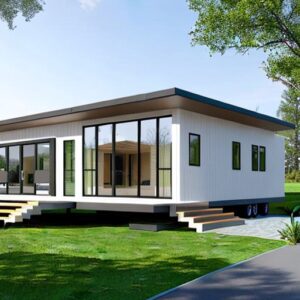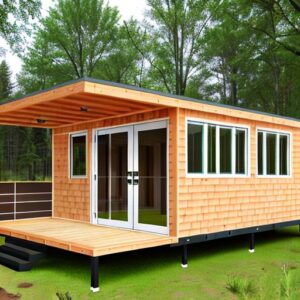Where Should I Look For Construction Loans?
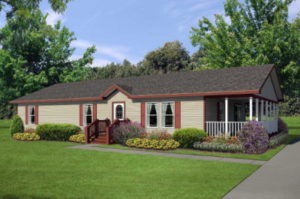
Typically, the bank will want to gather these items from you for a modular home loan:
- A “personal financial statement” – this is a document in which you list all your income, assets, current loans (including car loans), and other monthly payments and liabilities. It gives the bank a quick overview of your financial health.
- Pay stubs for the last couple of weeks/months – they will call your employer to verify employment and salary.
- Bank statements for the past few months – the bank wants to know if you are able to consistently save money as you earn it.
- 2 – 3 years’ worth of tax returns – this will give the bank a good idea of your historic financial health and will help them determine how much of a loan you can afford.
- A credit report – they won’t get this from you directly, but you will have to agree to let them run your credit score in order to qualify for a loan.
- Other documentation/references – depending on the bank and on your personal situation they may ask for other personal or work references, verification of non-work-related income such as child support or SSI payments, or any number of additional items.
What Kind Of Credit Score Do I Need For A New Construction Loan?
You will generally need a 700 credit score or higher to qualify for a traditional construction loan. Some lenders will go below this, depending on your individual circumstance. It is also possible to obtain an FHA or VA construction loan, which would have a lower down payment and credit score requirements, but these are sometimes difficult to process because of the amount of paperwork involved, and there are not a lot of lenders willing to offer this loan. Recently, the USDA rolled out a true no-money-down USDA construction loan, so if your land is in a qualifying area, this could be a great option for you!
What If I Own My Land Outright?
If you own your own land and don’t owe anything on it, in many cases the bank will give you credit for the value of your land. So if your land appraised at $20,000 and the home you want will cost $80,000 (for a total hard cost of $100,000) then your land would be of sufficient value to cover your down payment, because 20% of 100,000 is $20,000, and your land is already worth $20,000.
After You’ve Received Your Construction Loan
When you use a lender to build a home, they provide these series of payments as work is completed through a “construction loan”. This is a short-term loan usually of four- to twelve months’ duration. Once the local building inspector issues a certificate of occupancy and the lender agrees that the home is essentially complete, the modular lender pays off the construction loan and issues you a mortgage. Note that the construction loan process protects you and your lender should something prevent the builder, in this case, the modular dealer and modular general contractor, from completing the home. Receiving compensation as the job progresses also protects the modular dealer and the general contractor should something prevent you from paying for the finished home.
Although you will still need to obtain a mortgage, you will not need to secure a construction loan if the modular dealer or modular general contractor finances the construction. They are more likely to do this if the modular dealer is completing the general contracting work, but especially if the dealer or general contractor owns the land. Ownership of the land and responsibility for the construction tasks gives them greater control of the project and reduce their risk should you decide not to purchase the finished home.
At Rocky Mountain Modular Homes.com, we know that choosing a home is likely one of the most important financial decisions you will make. As an experienced modular home builder, we are committed to being your guiding light through this process.
